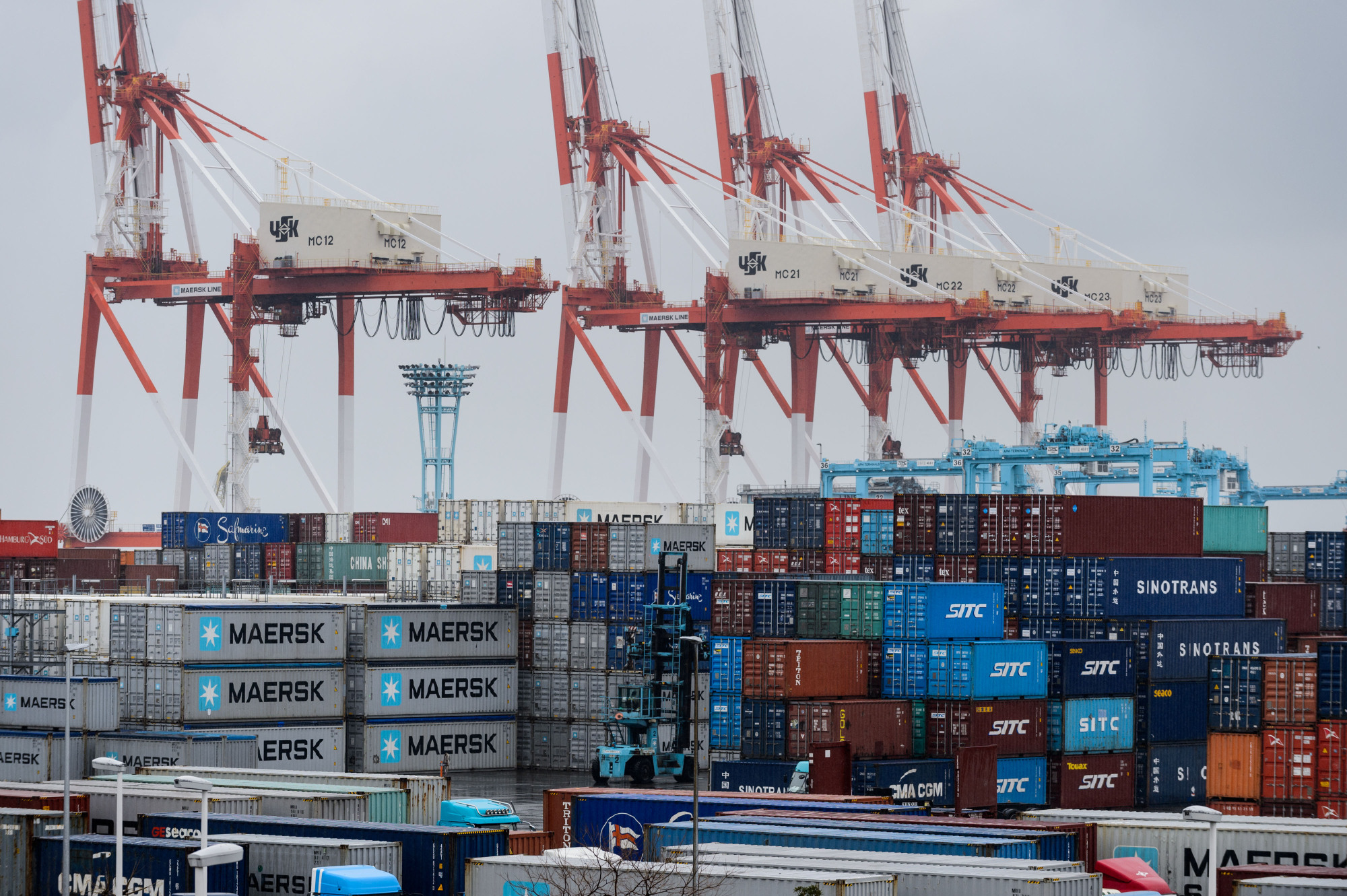Japan and the European Union have concluded a new and wide-ranging trade deal that has been four years in the making. Many Japanese companies no doubt hope that this agreement will give their business a boost, while politicians hope it will help remedy some of the country's economic problems. The agreement will create one of the largest global trade blocs in existence: Japan is the world's fourth-largest export economy, and is already the EU's second-biggest trading partner in Asia. Together, Japan and the EU account for around 30 percent of world gross domestic product.
Unfortunately, Japan faces economic challenges that go beyond the scope of mere trade deals. Economic growth has stalled at around 1 percent for a number of years, and because the Japanese workforce is both aging and shrinking in size, this means that strong long-term economic growth can only realistically be enabled by increasing productivity.
But Japan's productivity has been weak for many years, well below the OECD average and the lowest in the Group of Seven. A good trade deal is always a welcome development, but in itself it may not make a significant difference to productivity levels.



















With your current subscription plan you can comment on stories. However, before writing your first comment, please create a display name in the Profile section of your subscriber account page.